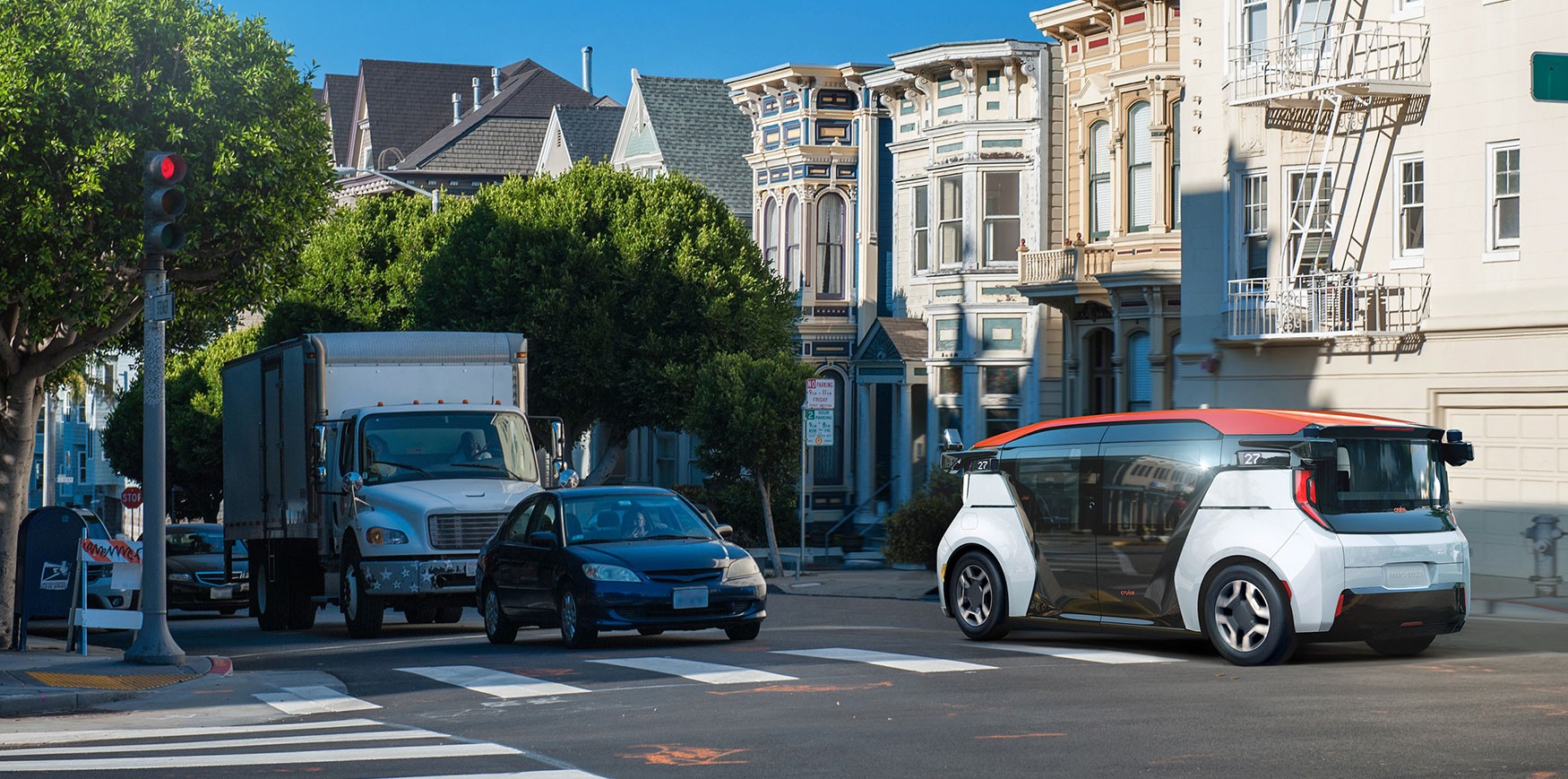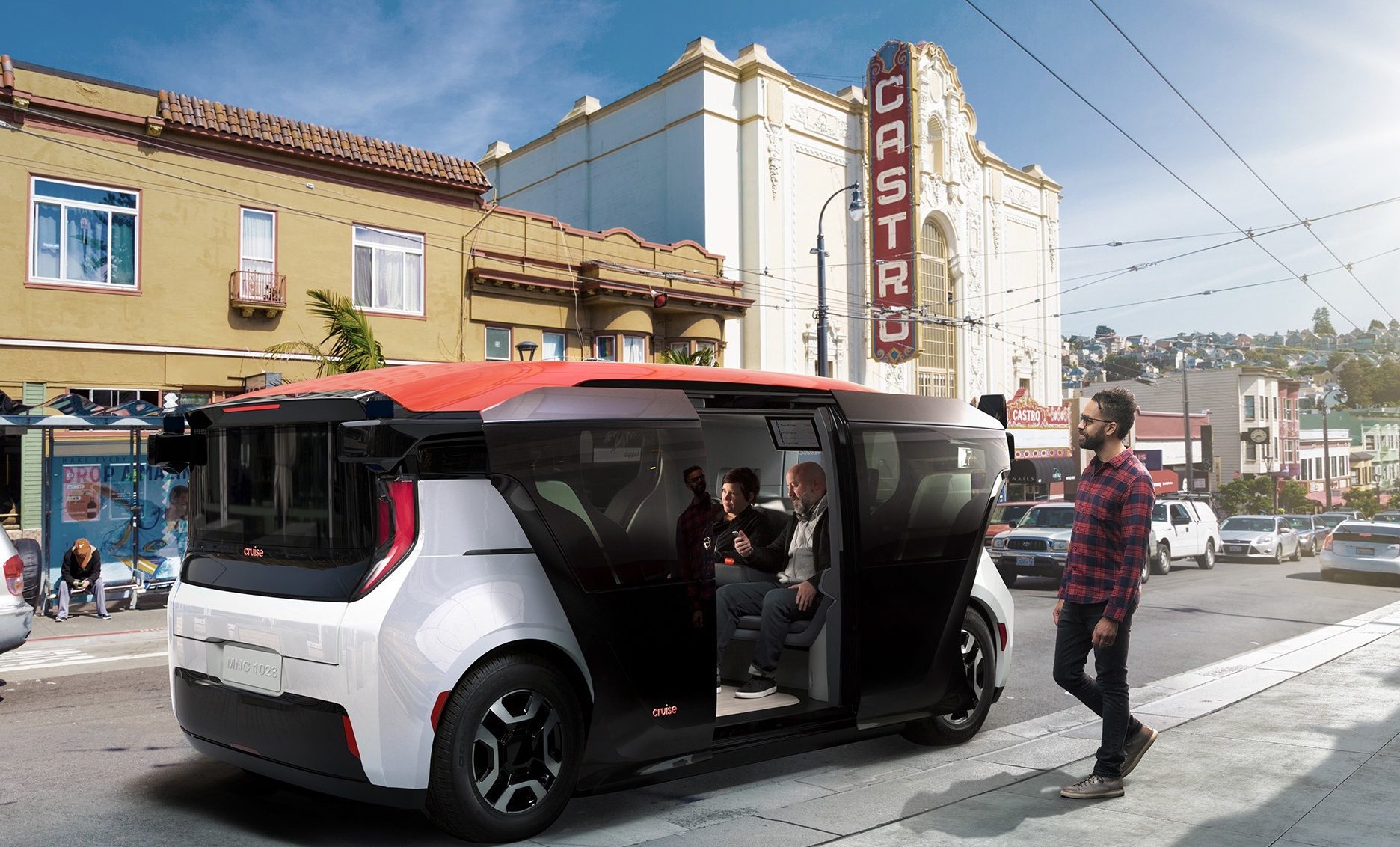GM’s autonomous-vehicle unit Cruise has been given the go-ahead to carry passengers in its self-driving test vehicles in California.
The Detroit News reports that the technology company has been authorized by the California Public Utilities Commission to transport passengers on public highways in California. Cruise vehicles in question will be required to be operated by a human driver who has been issued a test vehicle operator permit from the California Department of Motor Vehicles.
Read More: The Cruise Origin Is The Electric, Autonomous, Shareable Car Of The Future
There are five other companies with approval to carry passengers in self-driving vehicles in California. The others include Waymo and Zoox but GM is the first legacy automaker to get such approval.
“As we move closer to launch we want the opportunity to put top candidates, partners and media into vehicles and this pilot allows us to do that,” Cruise said in a statement.
GM currently has a pending petition with the National Highway Traffic Safety Administration requesting permission to operate up to 5,000 driverless vehicles as part of a taxi fleet to carry people. GM’s robo-taxis would lack steering wheels and pedals. The NHTSA recently granted Nuro approval to test its autonomous delivery vehicles without traditional controls but has yet to make a decision on GM’s request.
In January, Cruise unveiled the Origin, an autonomous, electric vehicle that the automaker intends to put into production. Underpinning this vehicle is a new EV platform from General Motors and the carmaker expects each Origin to have a lifespan of over 1,000,000 miles (1,609,344 km).





